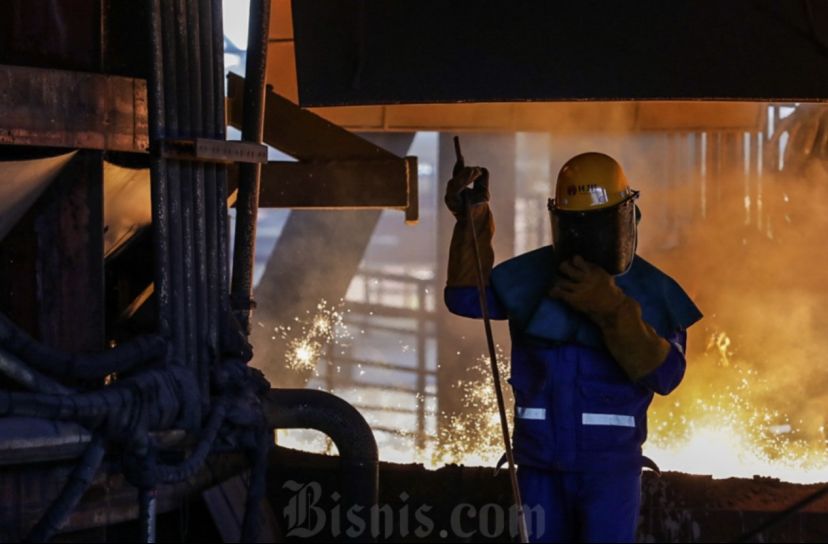China's anti-dumping tariffs on Indonesia will affect nickel ore prices

China officially will impose anti-dumping tariffs of 20.2% on Indonesian stainless steel billets and hot rolled sheets and other products, which will take effect from July 1, 2025, with the validity period extended for five years to 2030.The policy not only targets Indonesia, but also similar products from the European Union, the United Kingdom and South Korea. According to the Indonesian Nickel Mining Association, the policy will depress the price of nickel ore and also affect the upstream industry due to a drop in demand for humus nickel ore as a raw material, which could ultimately depress sales prices and the country's non-tax revenues. Pyrometallurgical smelters in places such as the Morowali Industrial Park (IMIP) in Central Sulawesi and the Wetawan Industrial Park (IWIP) in North Maluku could be at risk of overcapacity and stagnation. It may also prompt investment to shift to hydrometallurgy related to the battery industry, leading to an imbalance in the development of the nickel industry chain. long-term reliance on a single export market and primary products will lose the opportunity to diversify products and markets. 20.2% additional tariffs have made Indonesian stainless steel products uncompetitive in the Chinese market, and exporters have started to look for alternative markets, such as Japan, India, the U.S., and Europe. However market shifting is not easy and requires adjusting product quality, obtaining international certifications, and adapting to regulations and standards in different target countries. In response to global protectionism, Indonesia's domestic industry needs to promote the development of high value-added stainless steel products, including cold rolled and coated products, as well as final products such as stainless steel piping, technical services and specialty metal blends (premixed gold).

